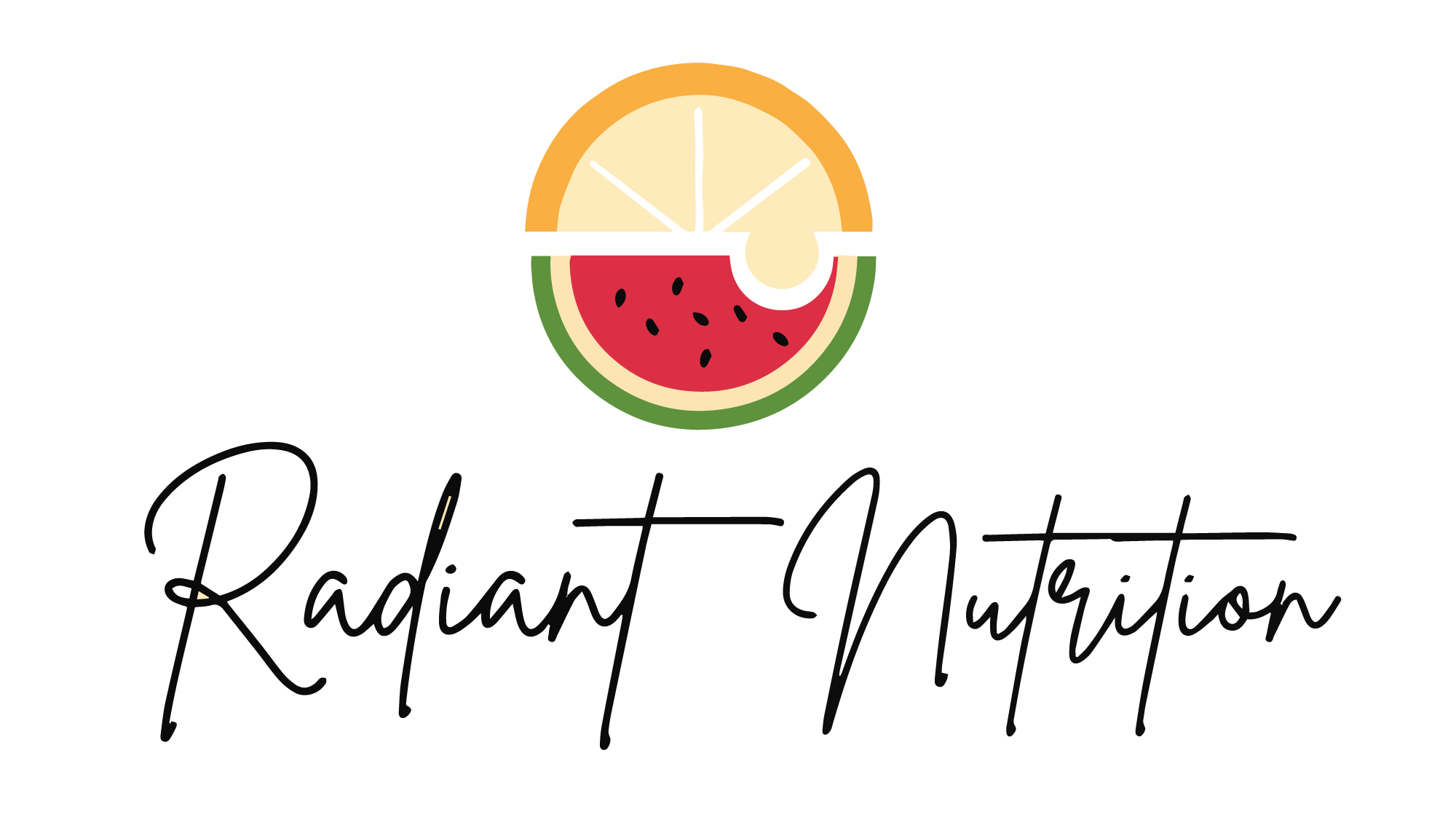Sometimes it feels like you are fighting an uphill battle when you have Polycystic Ovarian Syndrome. In fact, you may have even felt dismissed by your doctor or other caregivers, not to mention the confusion you may feel by conflicting nutrition information on the internet. BUT, it doesn't have to be that way.
If you have some of the following issues you may suffer from PCOS.
irregular periods or no periods at all.
difficulty getting pregnant (because of irregular ovulation or failure to ovulate)
excessive hair growth (hirsutism) – usually on the face, chest, back or buttocks.
weight gain.
thinning hair and hair loss from the head.
oily skin or acne.
depression
intense carbohydrate cravings
difficulty with weight loss even when following a nutritious diet and engaged in body movement
What is PCOS?
PCOS is a genetic, reproductive and metabolic condition that can affect up to 15% of women. It’s the most common hormone abnormality in females, yet 50% of women remain undiagnosed. It can affect girls through menopausal women. While medications may be used with some women, lifestyle should be the first line of treatment for PCOS.
It’s believed that the majority of women with PCOS have insulin resistance and low-grade inflammation, with some studies also suggesting that the gut microbiome might be altered. Women with PCOS often struggle with carb cravings and can experience difficulty losing weight. There is also an increased risk of type 2 diabetes and heart disease for some women.
And, there is no ONE PCOS. Although many women do have similar symptoms, it doesn’t mean YOU will get all the symptoms. In fact, symptoms may vary through different phases of your life.
Can changes in my eating help improve my PCOS symptoms?
100%!! Numerous scientific studies have shown that changes made to eating patterns can reduce insulin and androgen levels and induce ovulation. Furthermore, studies have shown that normalizing eating patterns in people with bulimia and binge eating disorder can improve the appearance of ovarian cysts.
If you are confused over what to eat and/or find yourself feeling out of control with food let us help you develop a personalized plan for YOU!
Let us help you with:
how to stop grazing before dinnertime and easy snack ideas
personalized supplement recommendations with quality brand recommendations
meal prep tips that fit your busy schedule and tips for dining out
lab test review and reassurance that you’re on the right track!

So, are you ready to learn how to take charge of your PCOS?
We’d love to chat!
Contact us below to set up a consultation...


